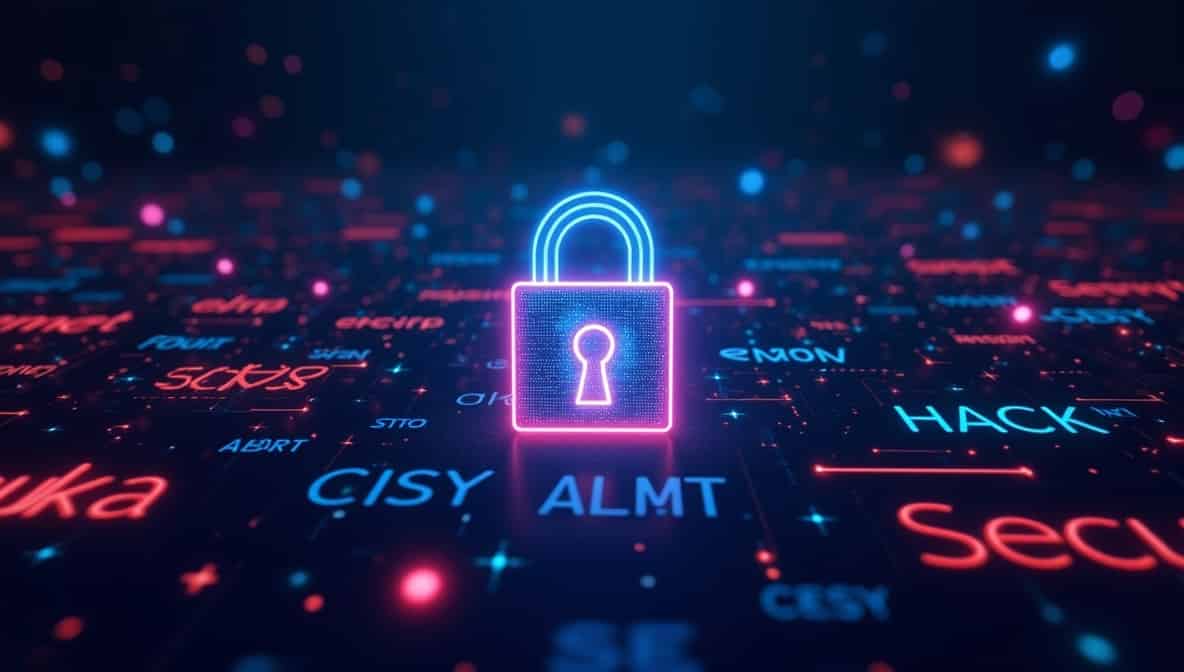
How to Create Memorable & Secure Passphrases
Introduction: Why Weak Passwords Are a Digital Disaster
Picture this: you wake up, grab your phone, and find 20 unread emails saying “Password reset request.” You log into Instagram—locked out. You check your bank—frozen. The sinking feeling in your stomach? That’s the cost of weak passwords.
Most people still use 123456, “password,” or their pet’s name as their key to online life. The problem? Hackers love easy targets.
But here’s the good news: by creating memorable passphrases, you can protect your accounts without ever stressing about forgetting your login again. In this guide, we’ll uncover 10 genius hacks to craft passphrases so strong they’ll stump hackers but stick in your memory forever.
What Is a Passphrase?
A passphrase is like a password—but smarter and longer. Instead of using random characters like P@ssw0rd!, a passphrase uses a string of real words (sometimes with numbers and symbols) to make it stronger and easier to remember.
Example:
- Weak password →
Flower12 - Strong passphrase →
SunsetCoffeeRuns@Beach2025
The second option is not only longer but also harder for hackers to crack with brute-force attacks.
Why Passphrases Are Better Than Passwords
Here’s why security experts recommend passphrases over traditional passwords:
- Length = Strength: Hackers can guess short passwords quickly, but longer passphrases multiply complexity.
- Easier Recall: Words from your own life, interests, or memories are easier to remember than random symbols.
- Harder to Crack: Even with advanced tools, a 20-character passphrase can take centuries to crack.
📊 Fun Stat: According to Hive Systems’ 2025 report, an 8-character password can be cracked in under an hour, but a 20-character passphrase may take trillions of years.
10 Genius Hacks to Create Memorable Passphrases
Now let’s dive into the fun part: how to build passphrases that hackers hate—but your brain loves.
1. Turn a Favorite Quote Into a Passphrase
We all have a movie line, song lyric, or book quote that sticks in our head. Why not use it as a password foundation?
Example:
- Quote: “May the Force be with you.”
- Passphrase:
MayTheF0rceB3WithYou@2025
✅ Why it works:
- Familiar → easy recall.
- Modified with numbers & symbols → stronger security.
Pro tip: Avoid famous quotes as-is—hackers use databases. Add twists like dates, emojis, or your own personal touch.
2. Use the “Story Method”
Create a mini-story in your head and turn it into a passphrase.
Example:
- Story: “I drink coffee at sunrise, then run with my dog.”
- Passphrase:
CoffeeSunriseRun!Dog2025
✅ Why it works:
- Stories stick better than random words.
- Unique to you, hard for others to guess.
3. Mix Languages
Do you know more than one language—or even a few words in another tongue? Mixing languages creates a unique blend that hackers won’t expect.
Example:
- English + Spanish:
LoveCorrer!Pizza2025(Love to run! Pizza forever)
✅ Why it works:
- Multilingual mashups break predictable patterns.
- Easy for you, confusing for hackers.
4. Use First Letters of a Sentence
Think of a sentence meaningful to you, then use just the first letters.
Example:
- Sentence: “I traveled to Paris in 2019 and ate 5 croissants daily.”
- Passphrase:
IttPi2019a5cd!
✅ Why it works:
- Looks random but easy to recall if you know the sentence.
- Mixes numbers naturally.
5. Add Random but Memorable Symbols
Symbols don’t have to be random gibberish. Assign them meaning in your own system.
Example:
- @ = coffee
- ! = excitement
- & = travel buddy
Passphrase: Morning@!Runs&2025
✅ Why it works:
- Personalized code system.
- Keeps complexity high but memory simple.
6. Use Favorite Places + Feelings
Think about locations that matter to you and pair them with emotions.
Example:
- “ParisHappyBeach2025!”
- “TokyoExcitedRainyDays@Night”
✅ Why it works:
- Combines emotional memory with geography.
- Hard to brute force without context.
7. Insert Inside Jokes
Have a family joke or phrase no one else knows? Perfect!
Example:
- Joke: Your sibling always says “Banana phone!”
- Passphrase:
BananaPh0ne!@Silly2025
✅ Why it works:
- Unique to your circle.
- Impossible for strangers to guess.
8. Use Your Hobbies
Bring your passions into your passphrases.
Examples:
- Fitness:
SquatsRunYoga!2025Strong - Cooking:
PizzaPastaTacos@ChefLife - Gaming:
Zelda!LinkQuest2025
✅ Why it works:
- Passion = memory anchor.
- Each hobby gives endless variations.
9. Use Date Mashups
Don’t use just birthdays (hackers know that). Instead, mix personal dates into creative formats.
Example:
- “First job in 2015, graduated in 2019.”
- Passphrase:
Job2015Grad2019@Journey!
✅ Why it works:
- Unique order only you know.
- Adds numbers naturally.
10. Create Visual Associations
Imagine typing your passphrase like a pattern. For example, alternate between capital and lowercase or create a rhythm.
Example:
- Word:
SunsetCoffeeBeachRun - Passphrase:
SuNsEt!cOfFeE@bEaCh!RuN
✅ Why it works:
- Visual rhythm improves recall.
- Adds complexity without effort.
Common Mistakes to Avoid
Even the best hacks fail if you make these errors:
- ❌ Using short passphrases under 12 characters.
- ❌ Reusing the same passphrase for multiple accounts.
- ❌ Sharing your passphrase with others.
- ❌ Storing it in plain text (like notes apps).
Tools & Techniques to Test Your Passphrases
Before finalizing, test your creation!
- Password Strength Checkers: Tools like HowSecureIsMyPassword.net show estimated crack times.
- Password Managers: Tools like LastPass, 1Password, or Bitwarden can securely store your passphrases.
- Multi-Factor Authentication (MFA): Always add a second layer of security.
Final Thoughts & Call to Action
Your digital life deserves better than “123456” or “iloveyou.” By creating memorable passphrases, you build a wall between hackers and your identity, money, and peace of mind.
👉 Try one of the hacks above right now. Write down a draft, test its strength, and lock it into a password manager.
Remember: the best passphrase is long, personal, and unforgettable—for you, but impossible for hackers.
FAQs About Creating Memorable Passphrases
Q1: How long should a passphrase be?
Aim for 16–20 characters minimum. The longer, the better.
Q2: Should I use the same passphrase everywhere?
No. Always use unique passphrases for each account. Password managers make this easy.
Q3: What if I forget my passphrase?
Use a secure password manager. If you must write it down, store it in a locked, offline place.

Dilip Chouhan is a passionate content creator from Rajasthan, India. At 22, he has successfully completed his graduation and is dedicated to sharing valuable knowledge and insights through his writing. With a focus on delivering informative, engaging, and reader-friendly content, Dilip aims to help his audience stay updated, inspired, and empowered.
